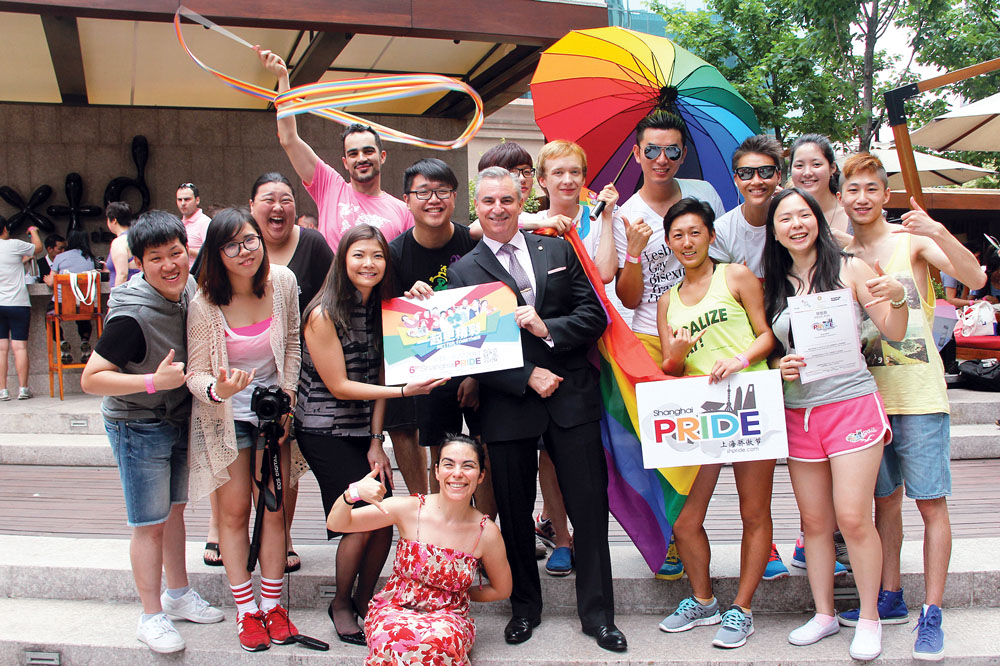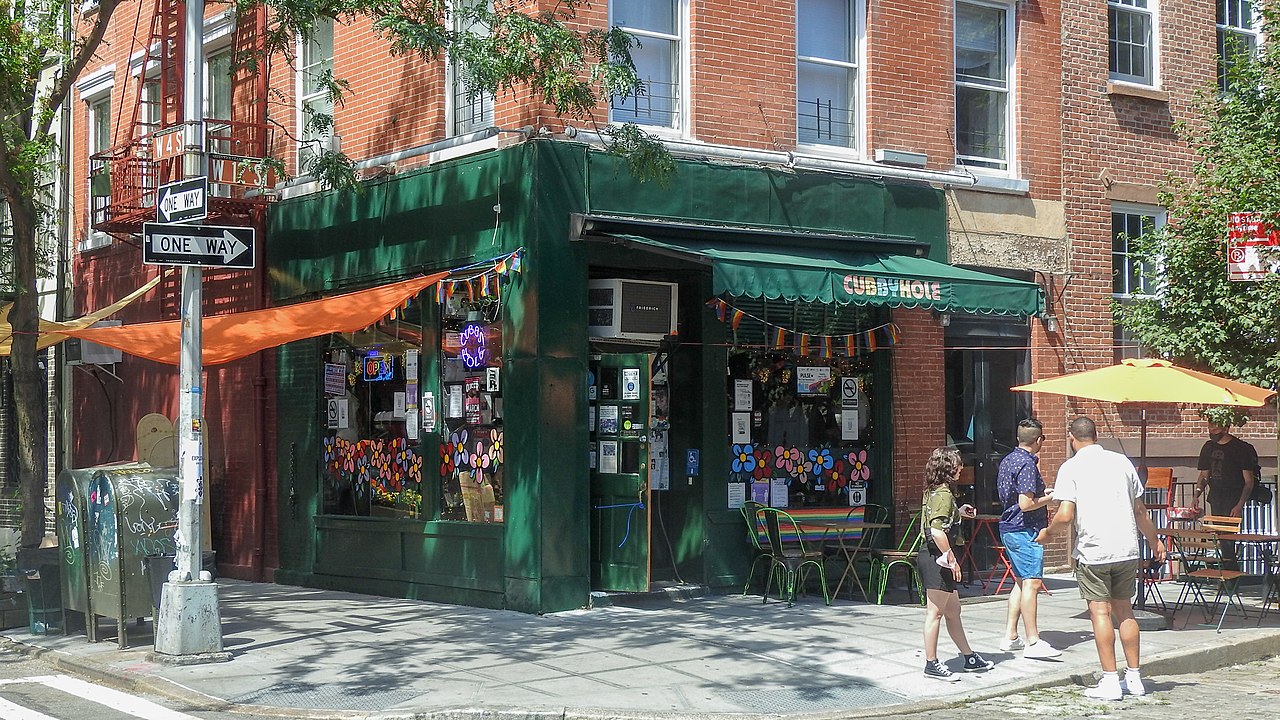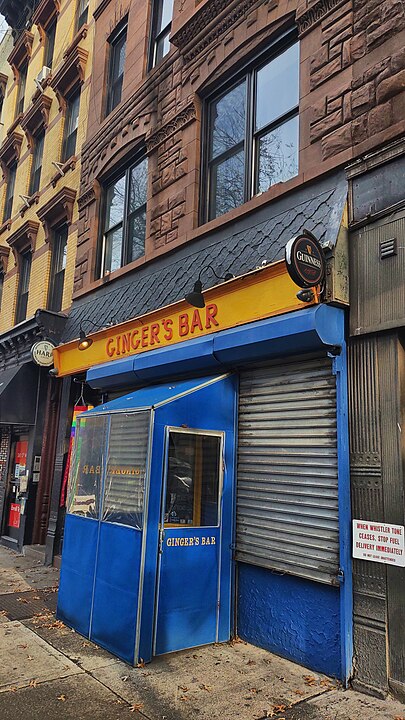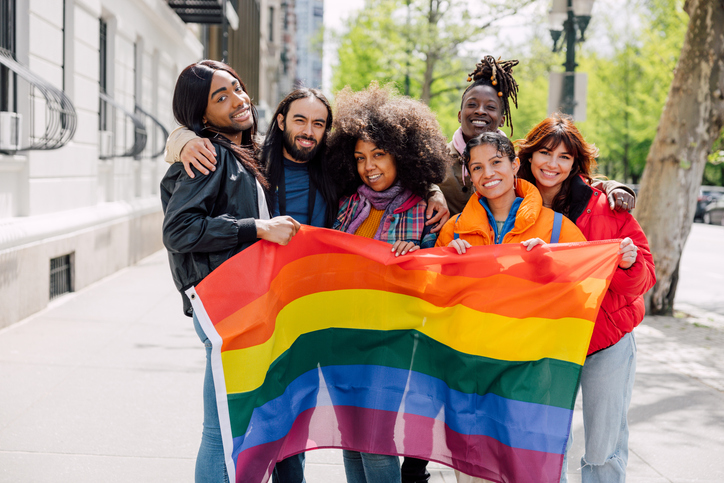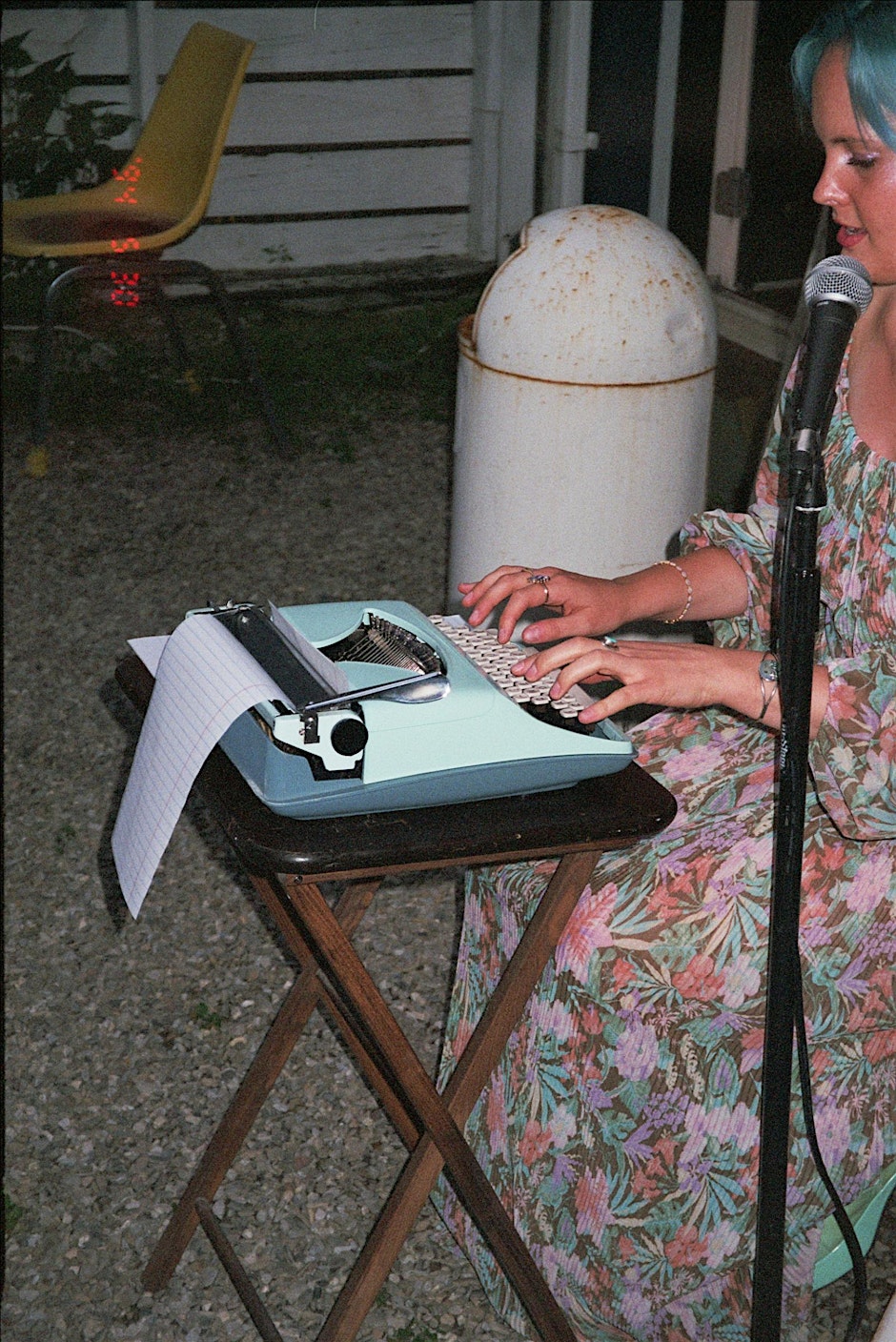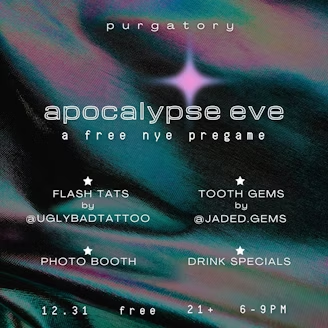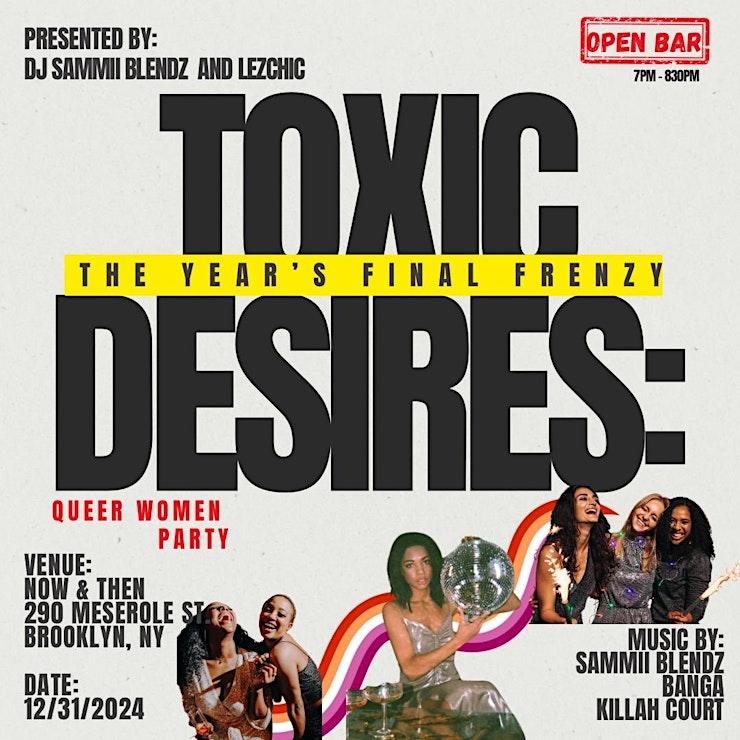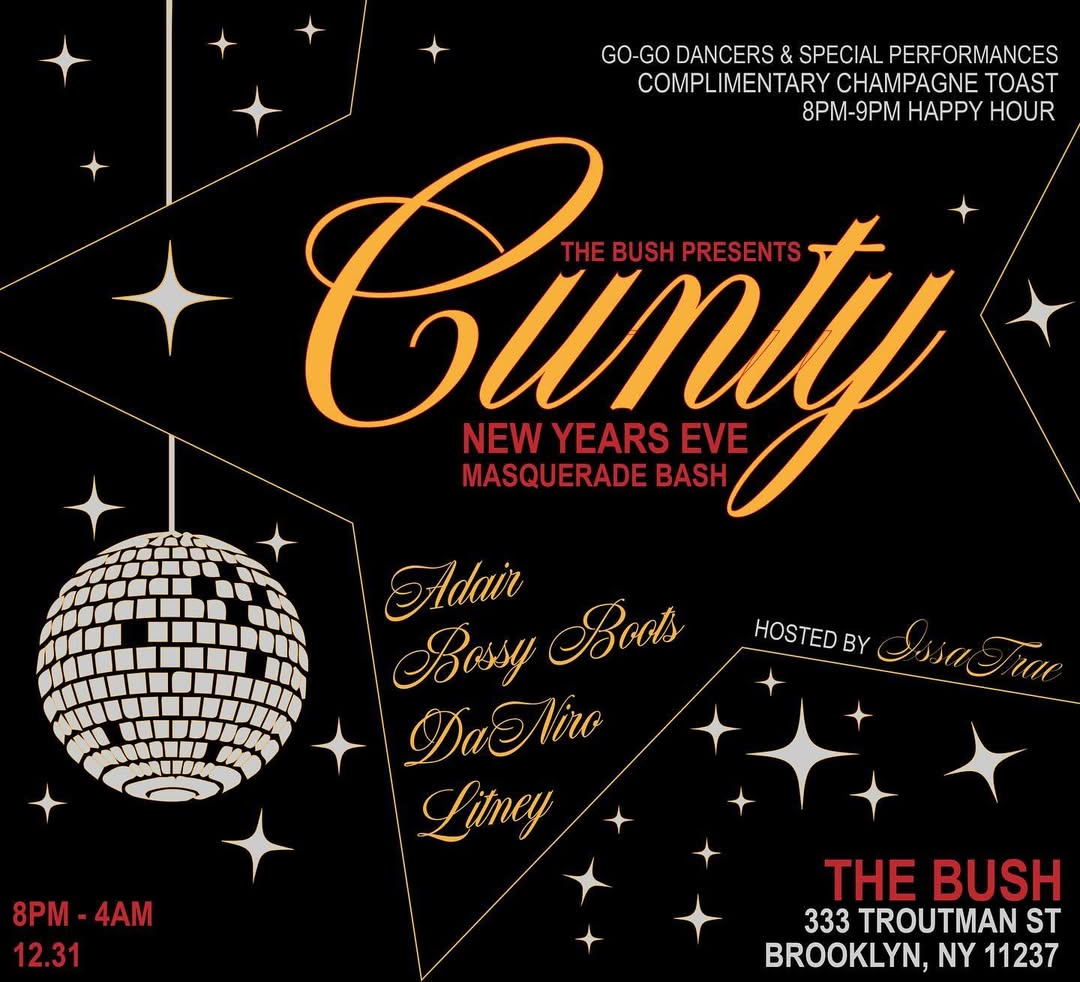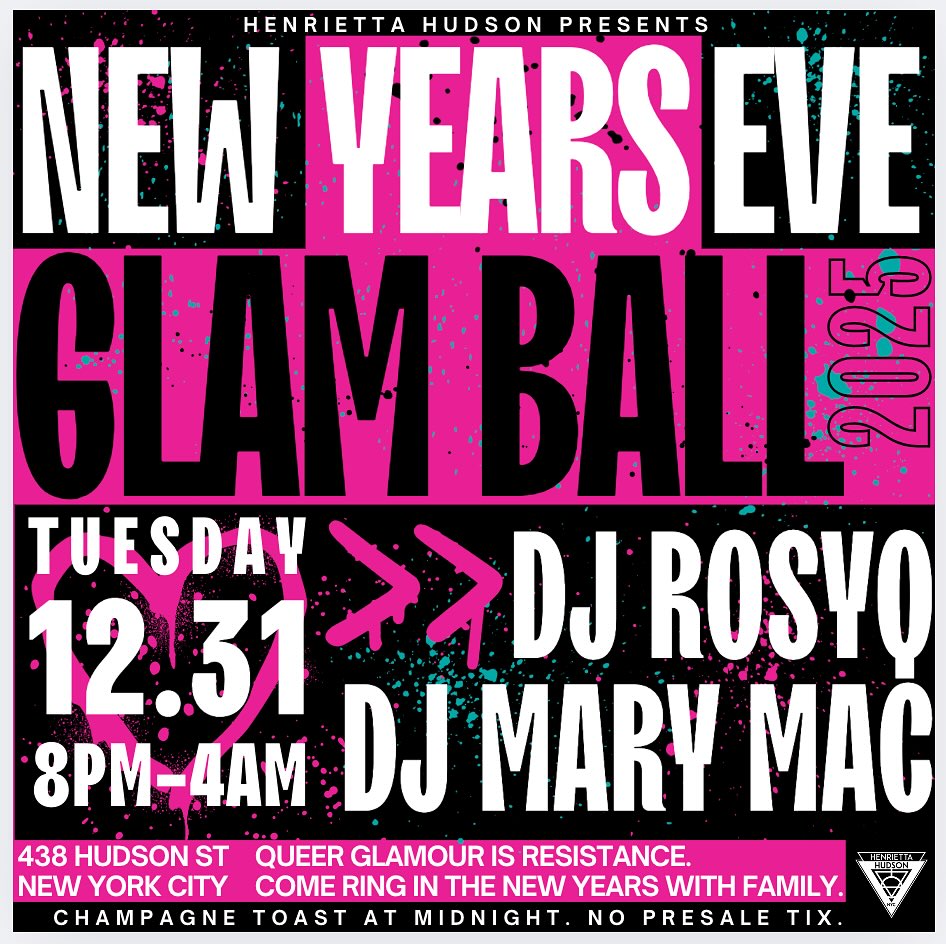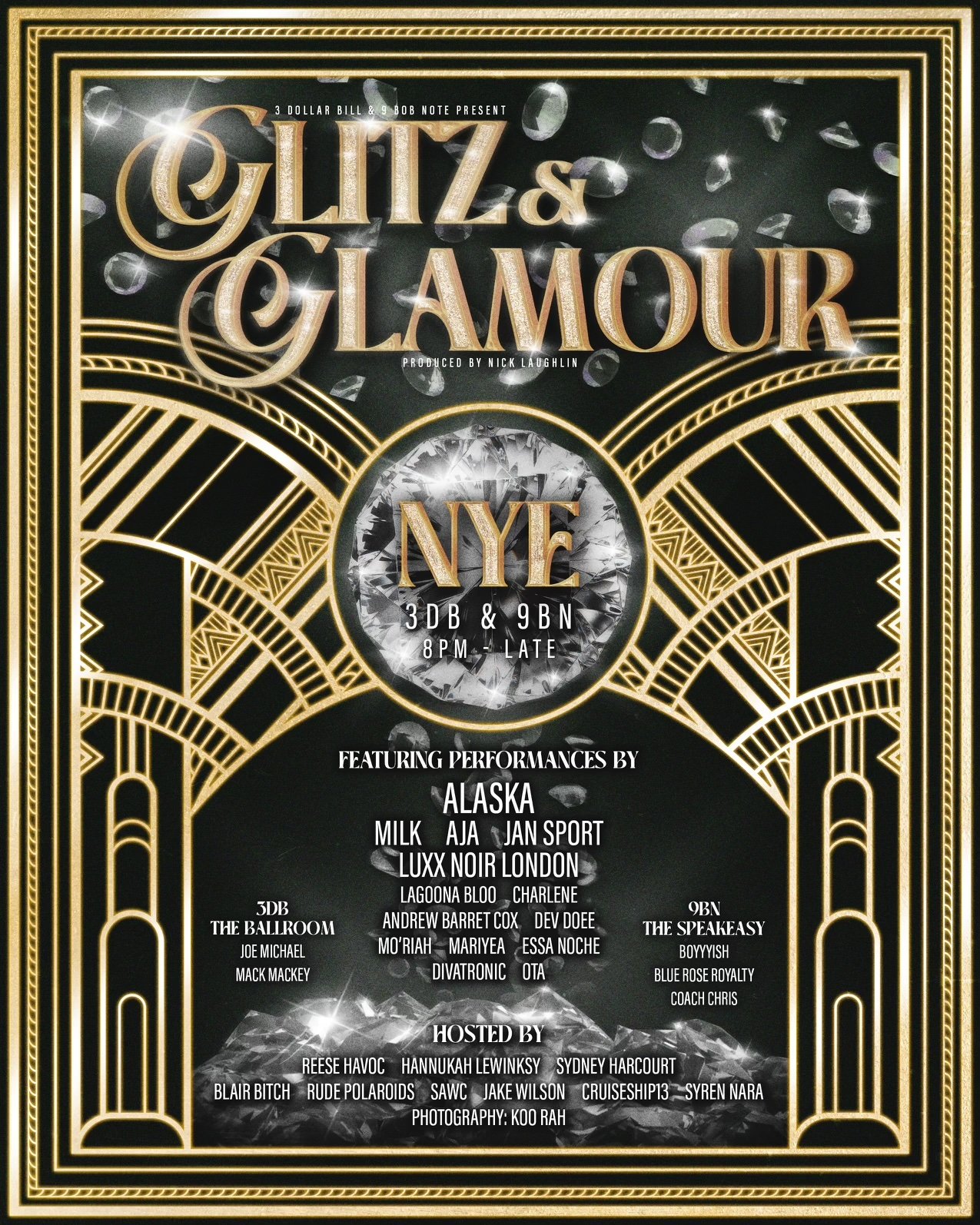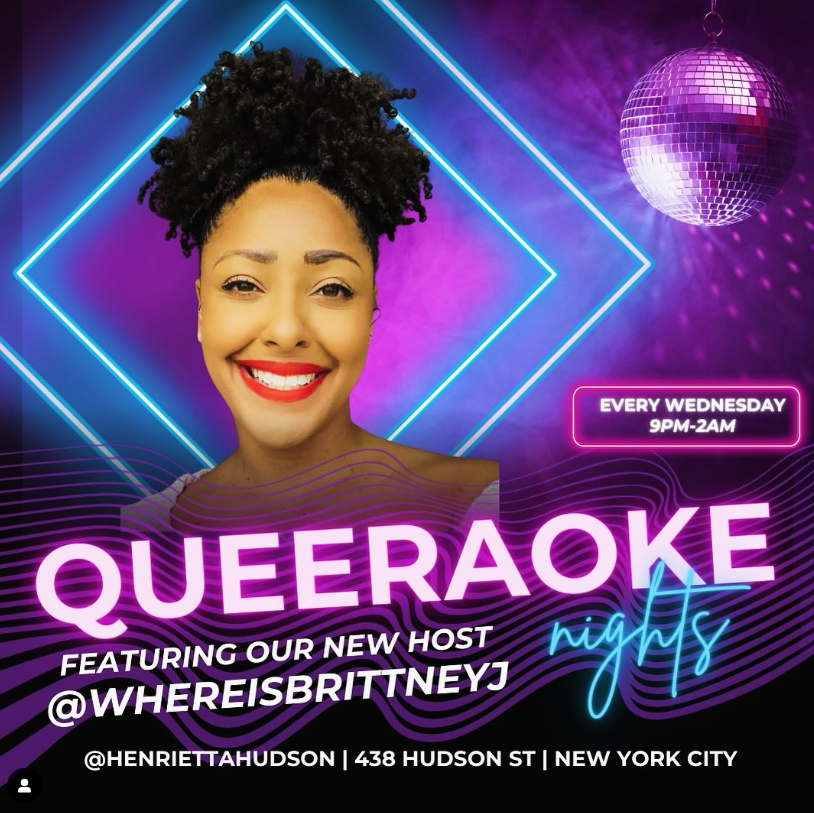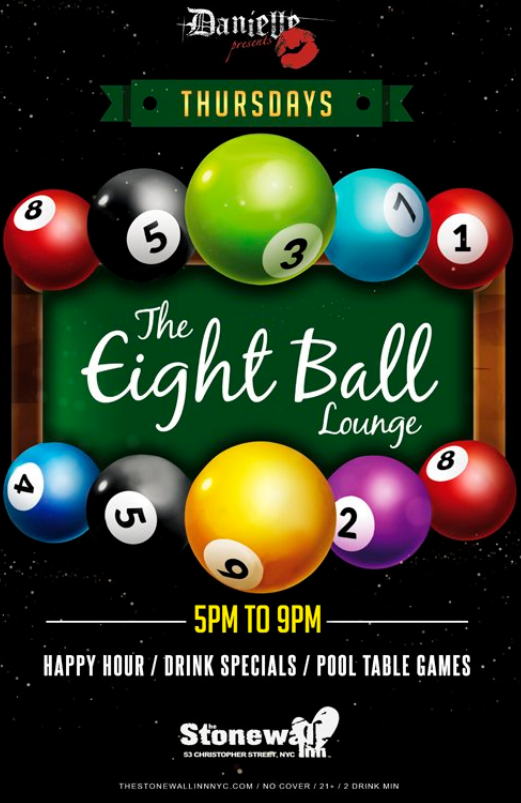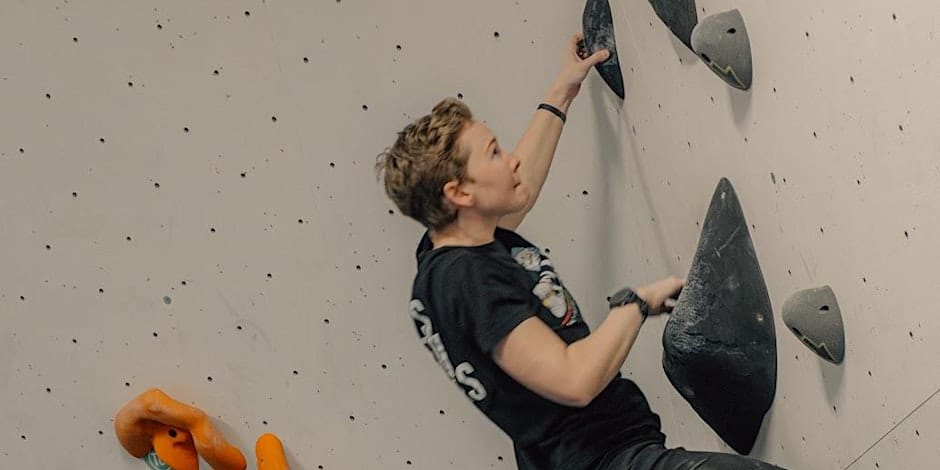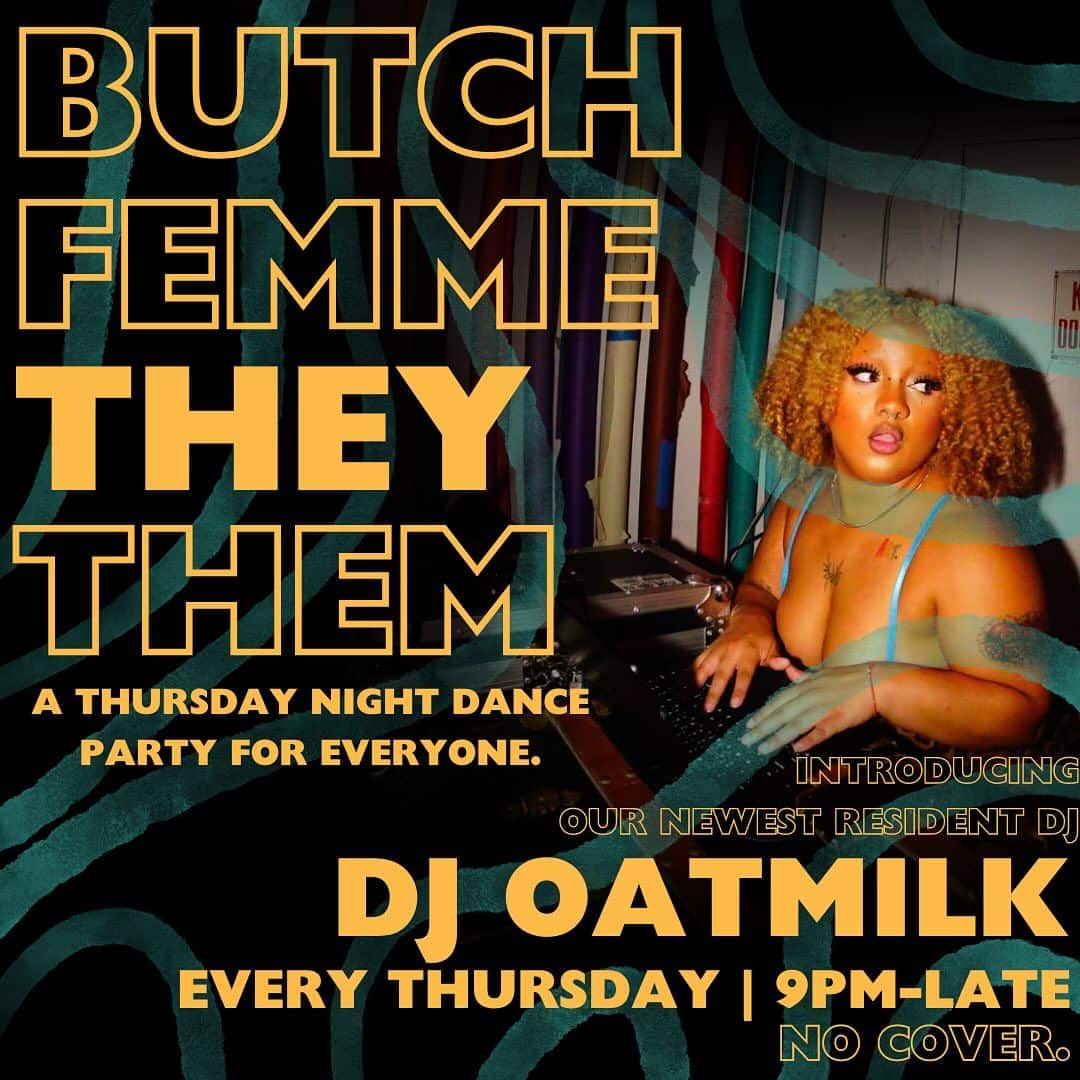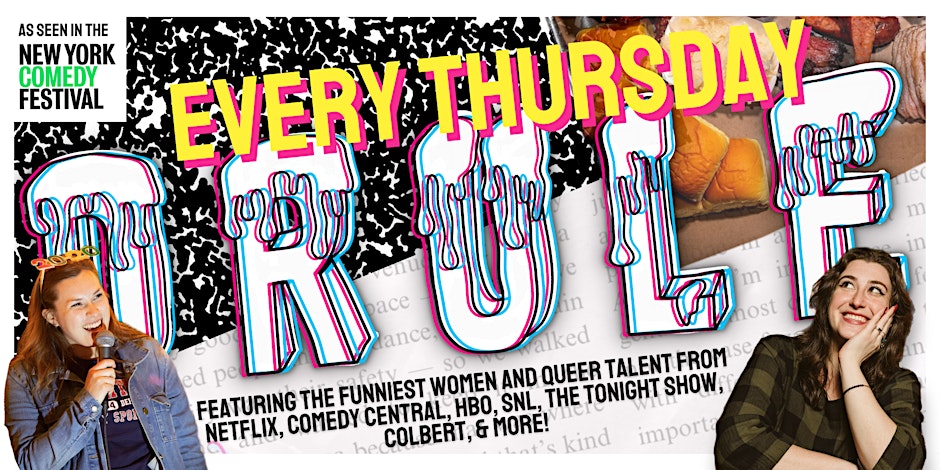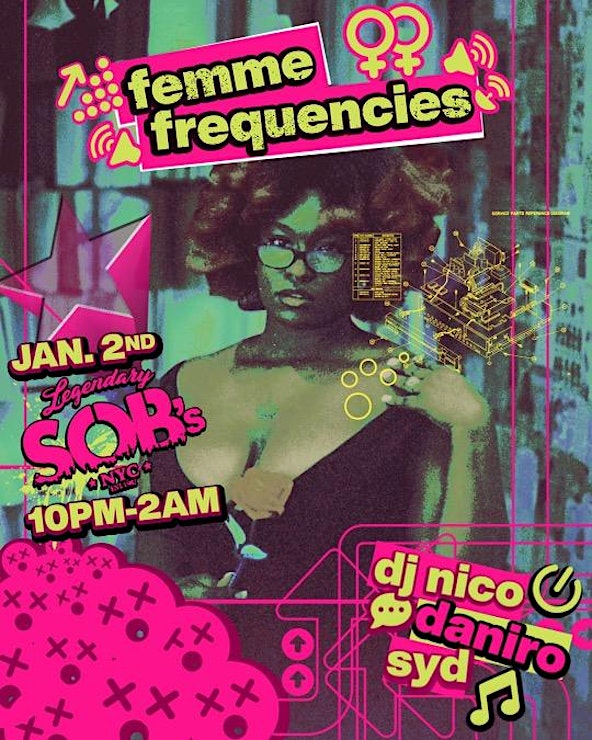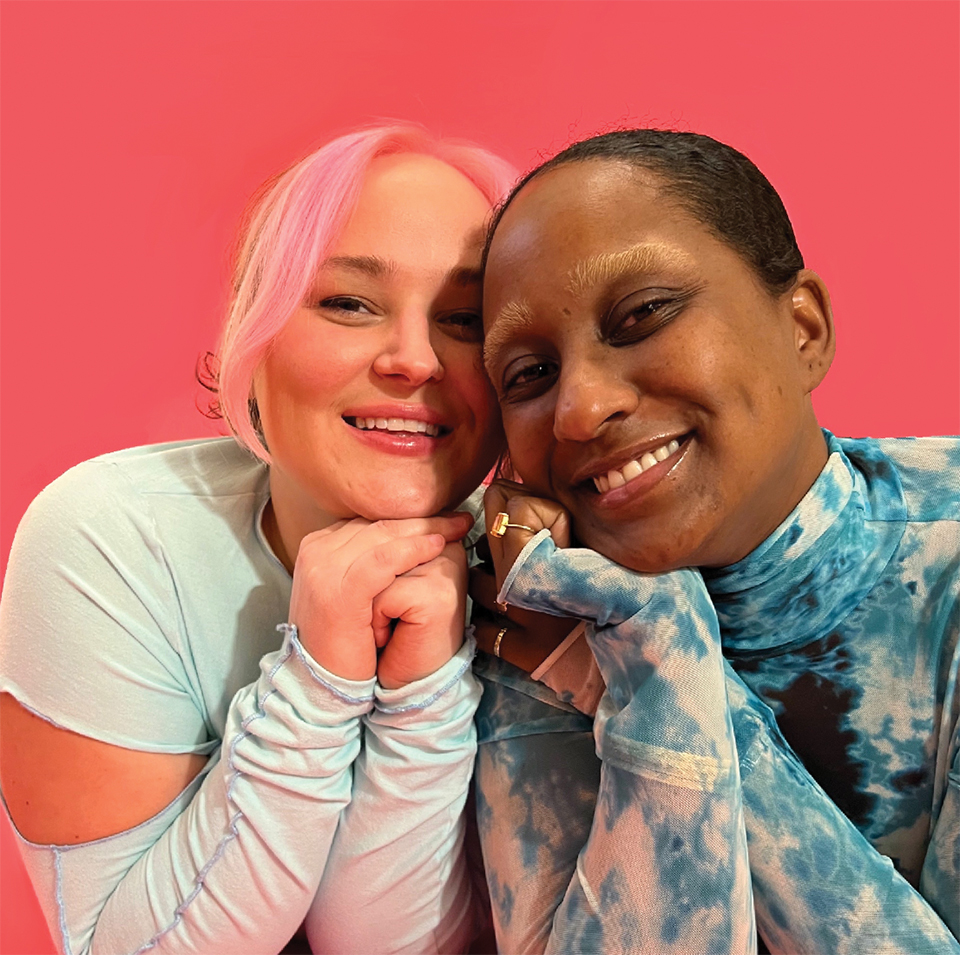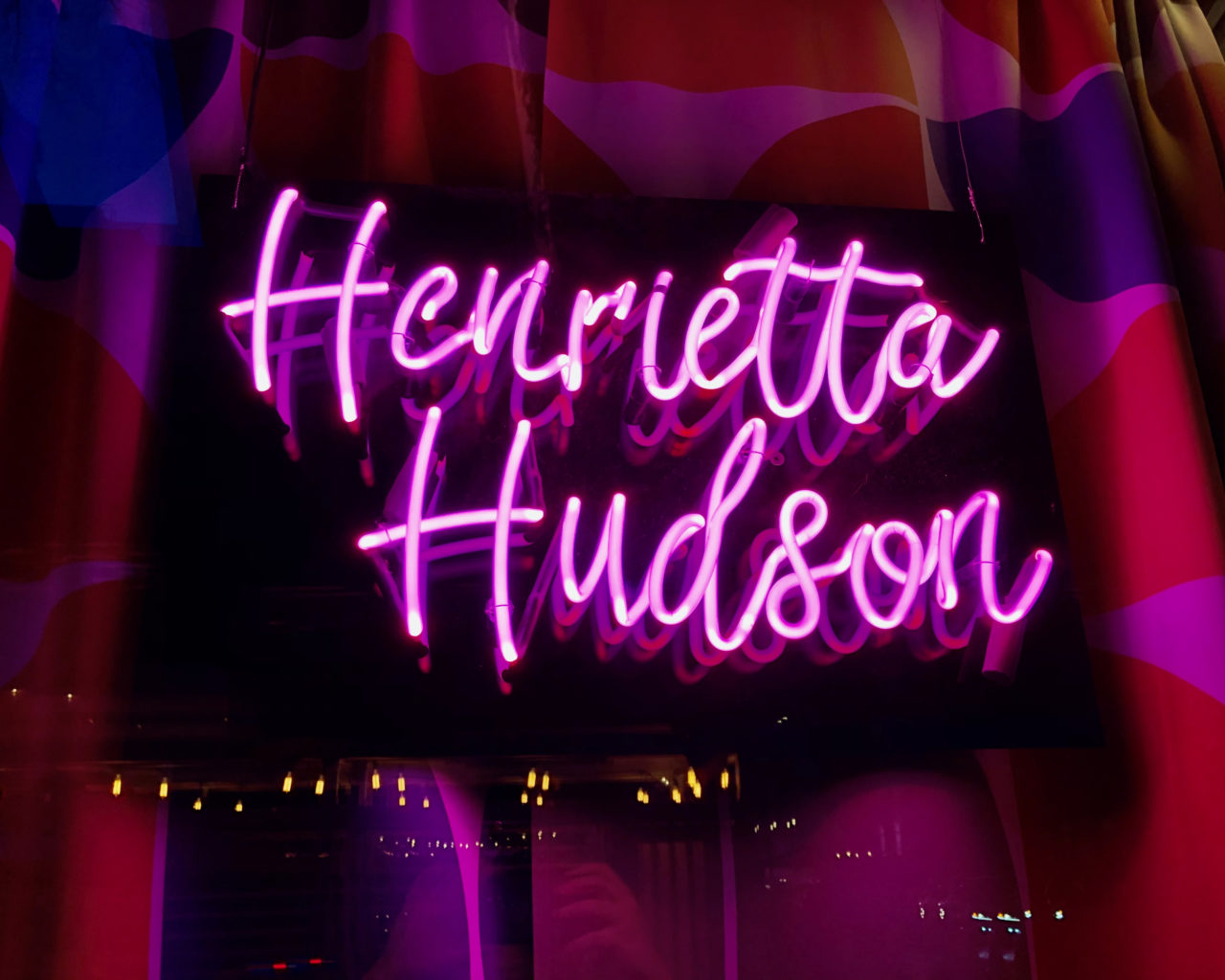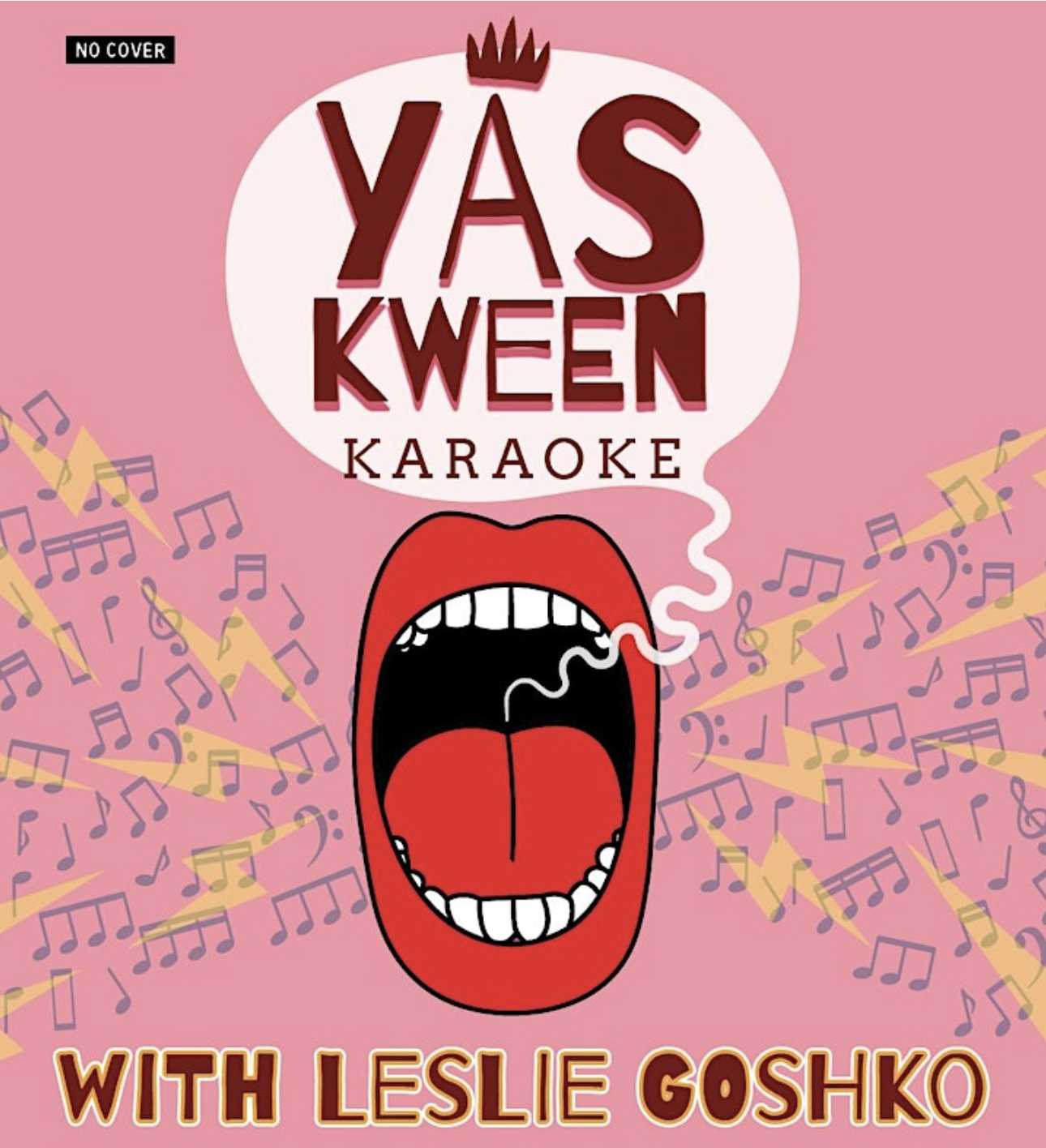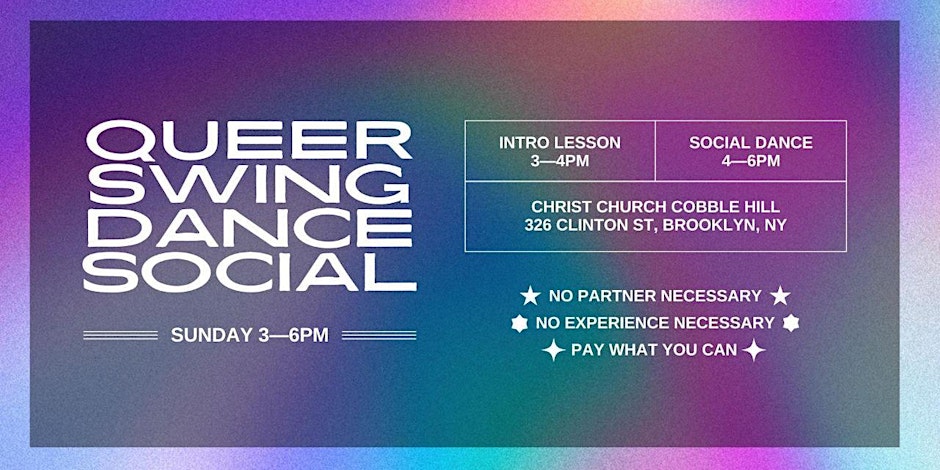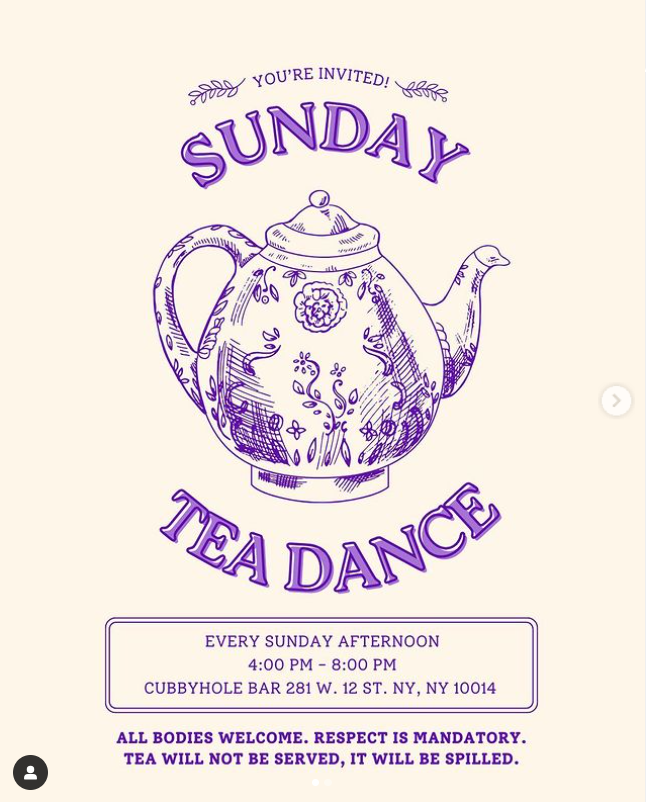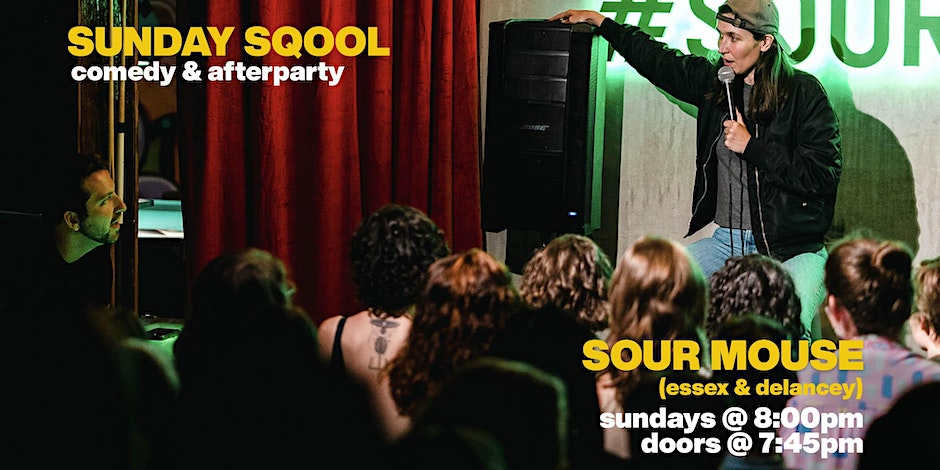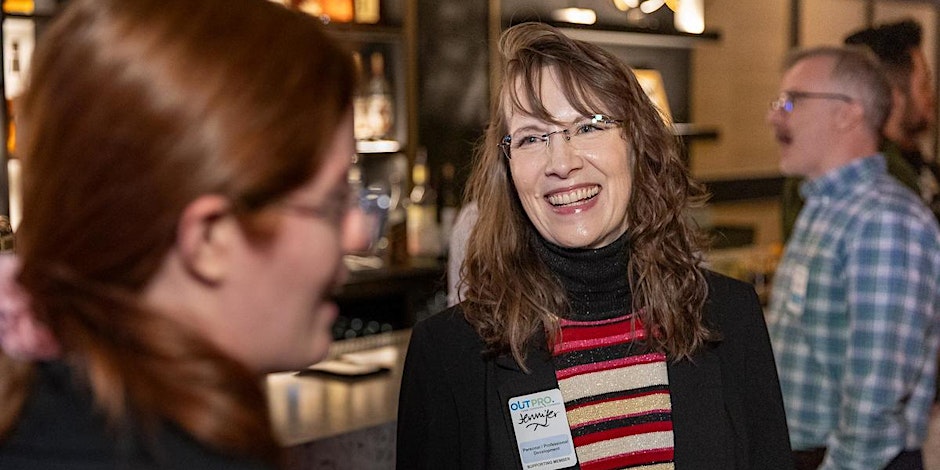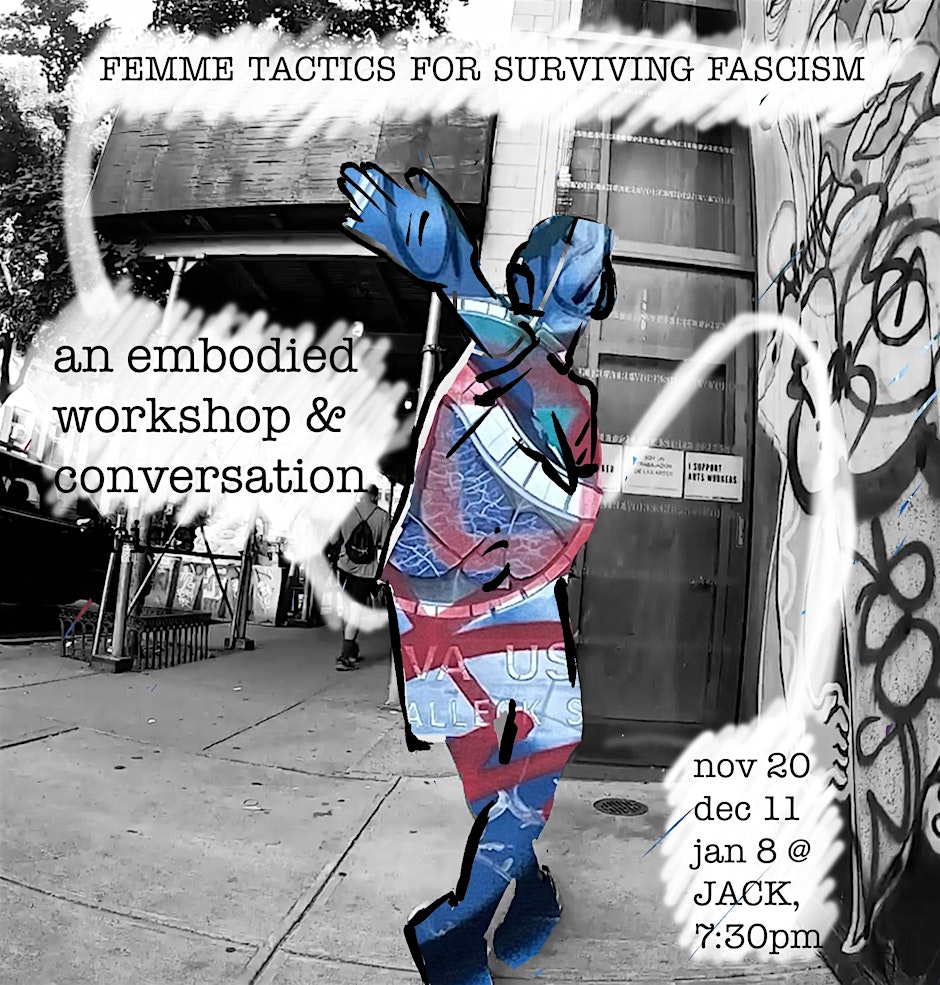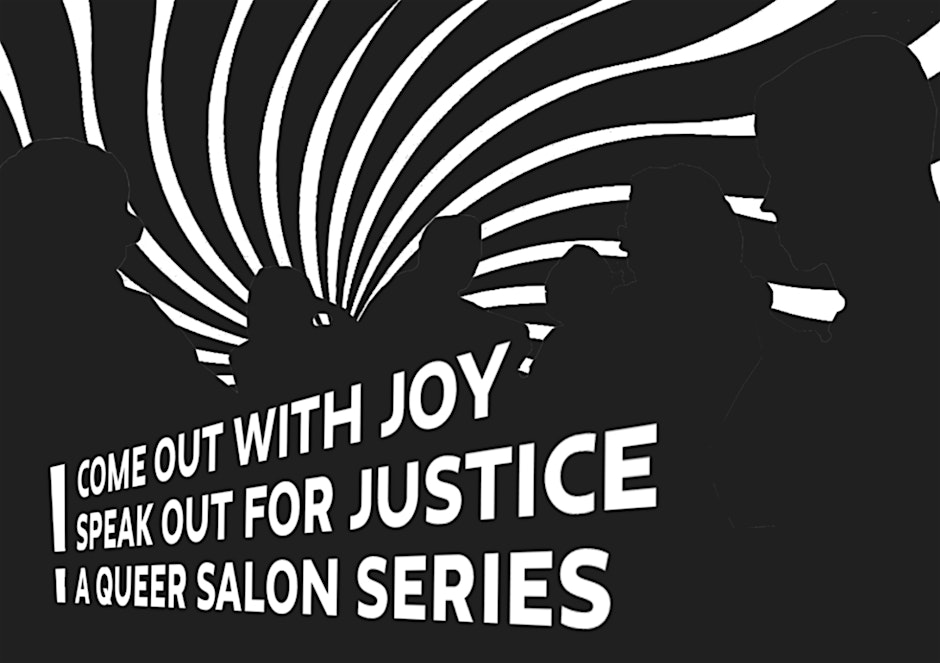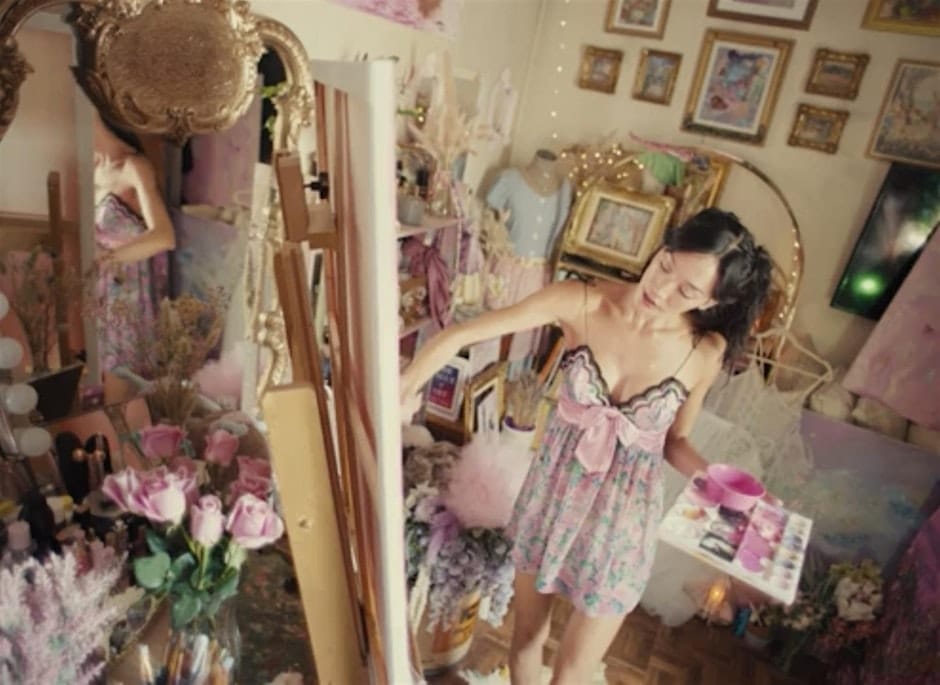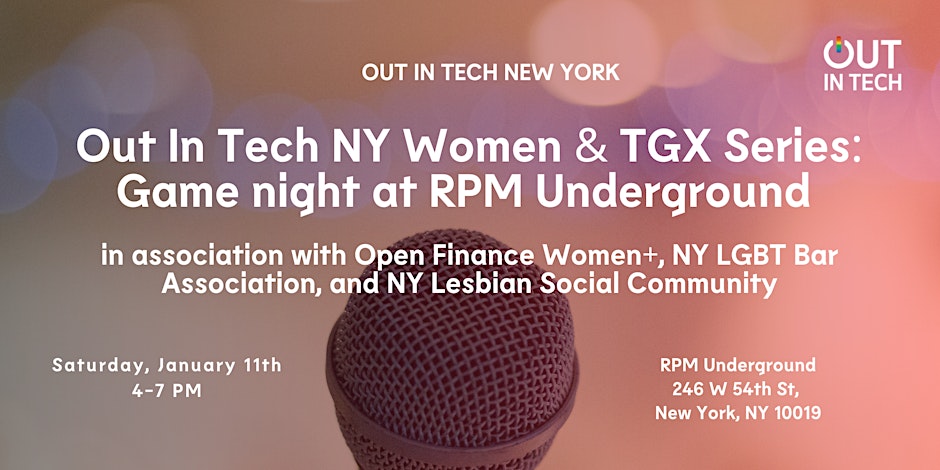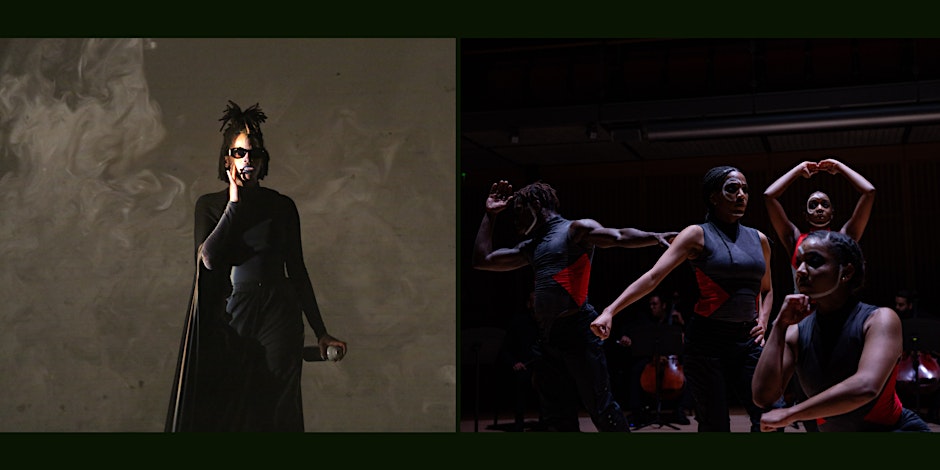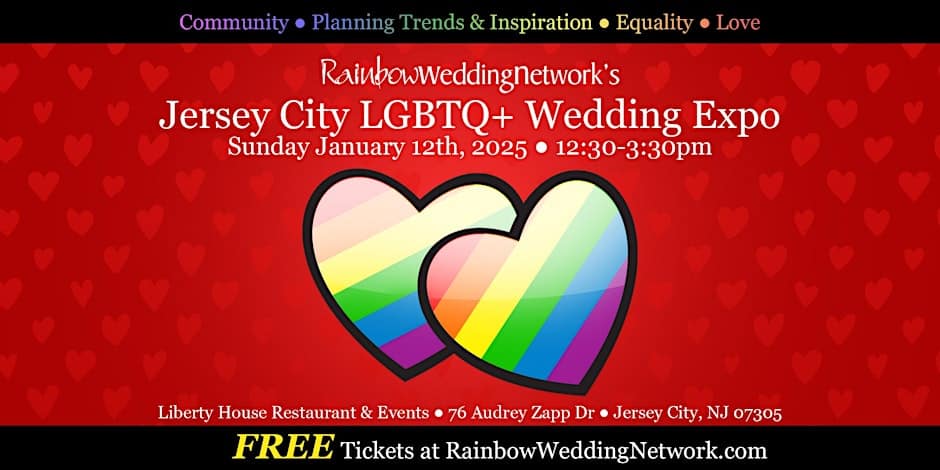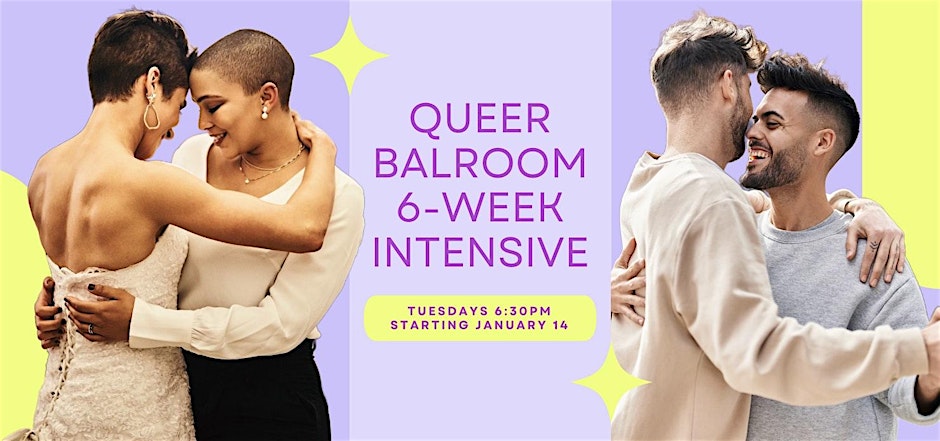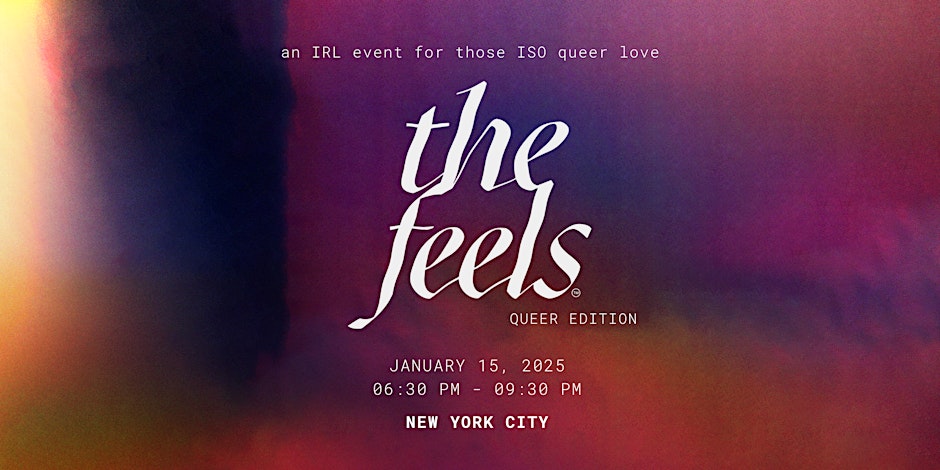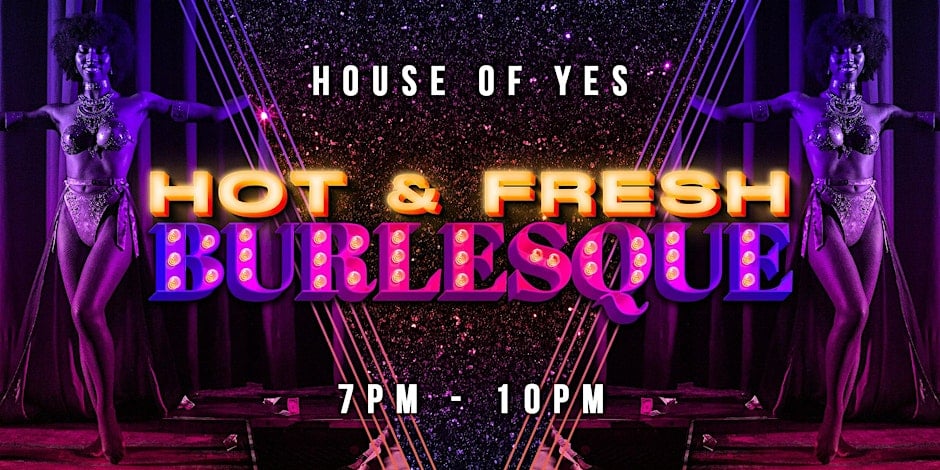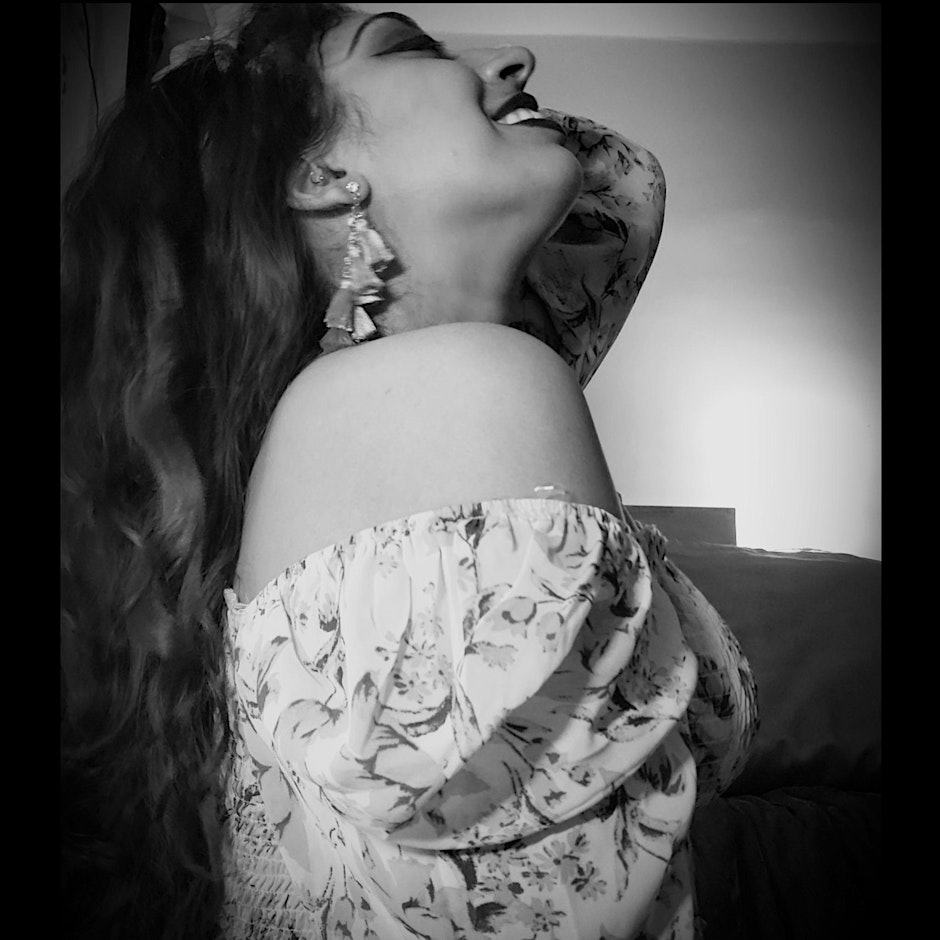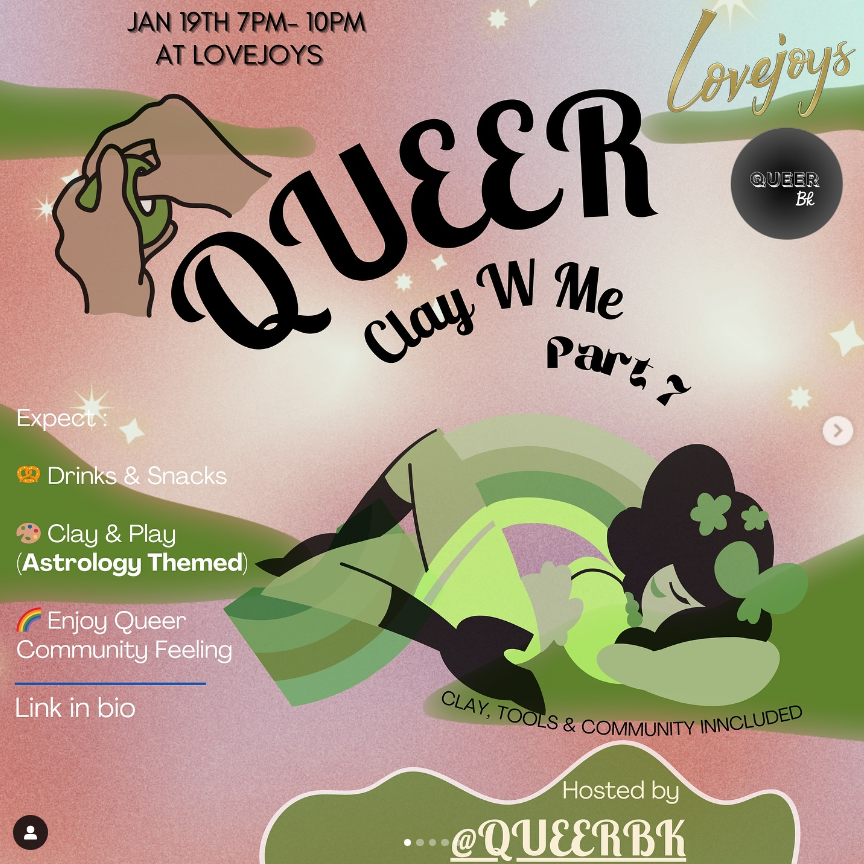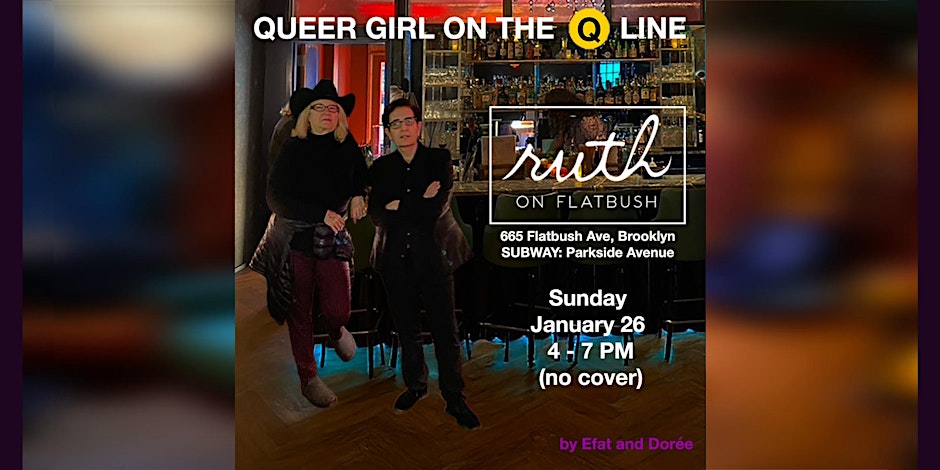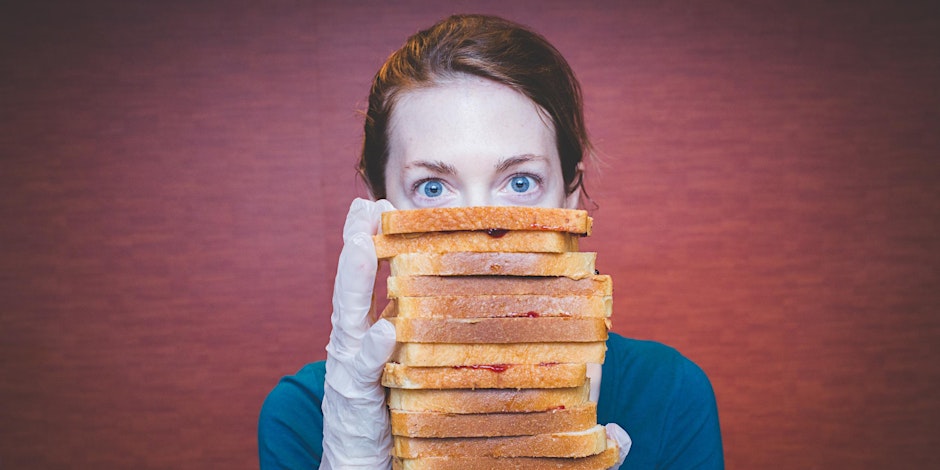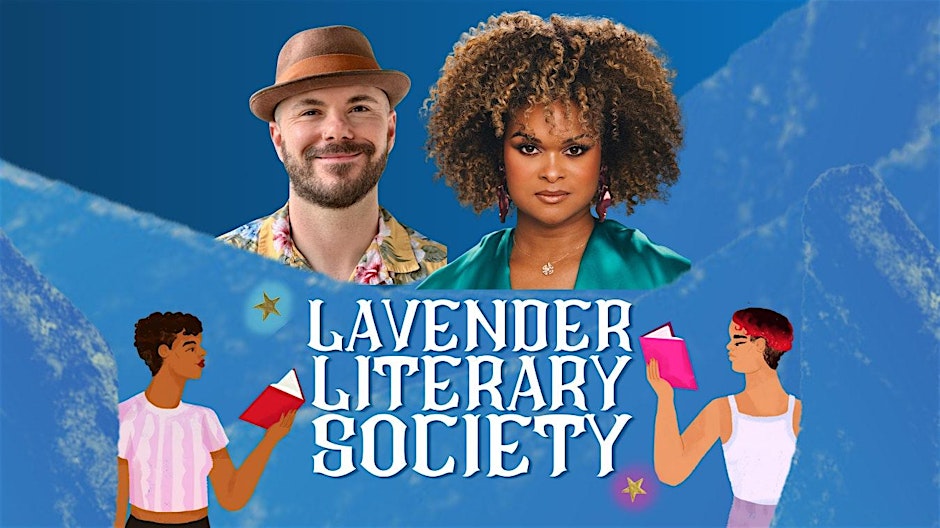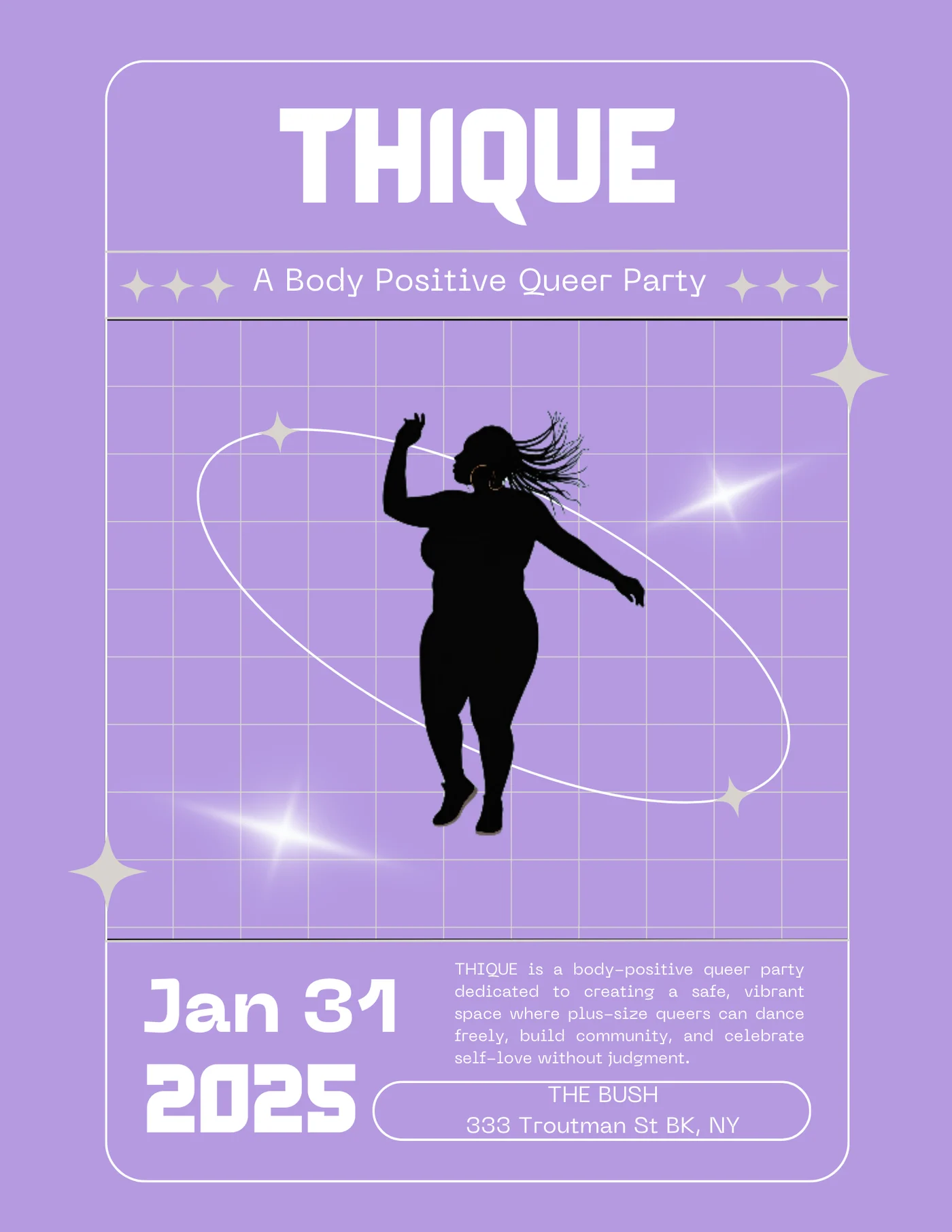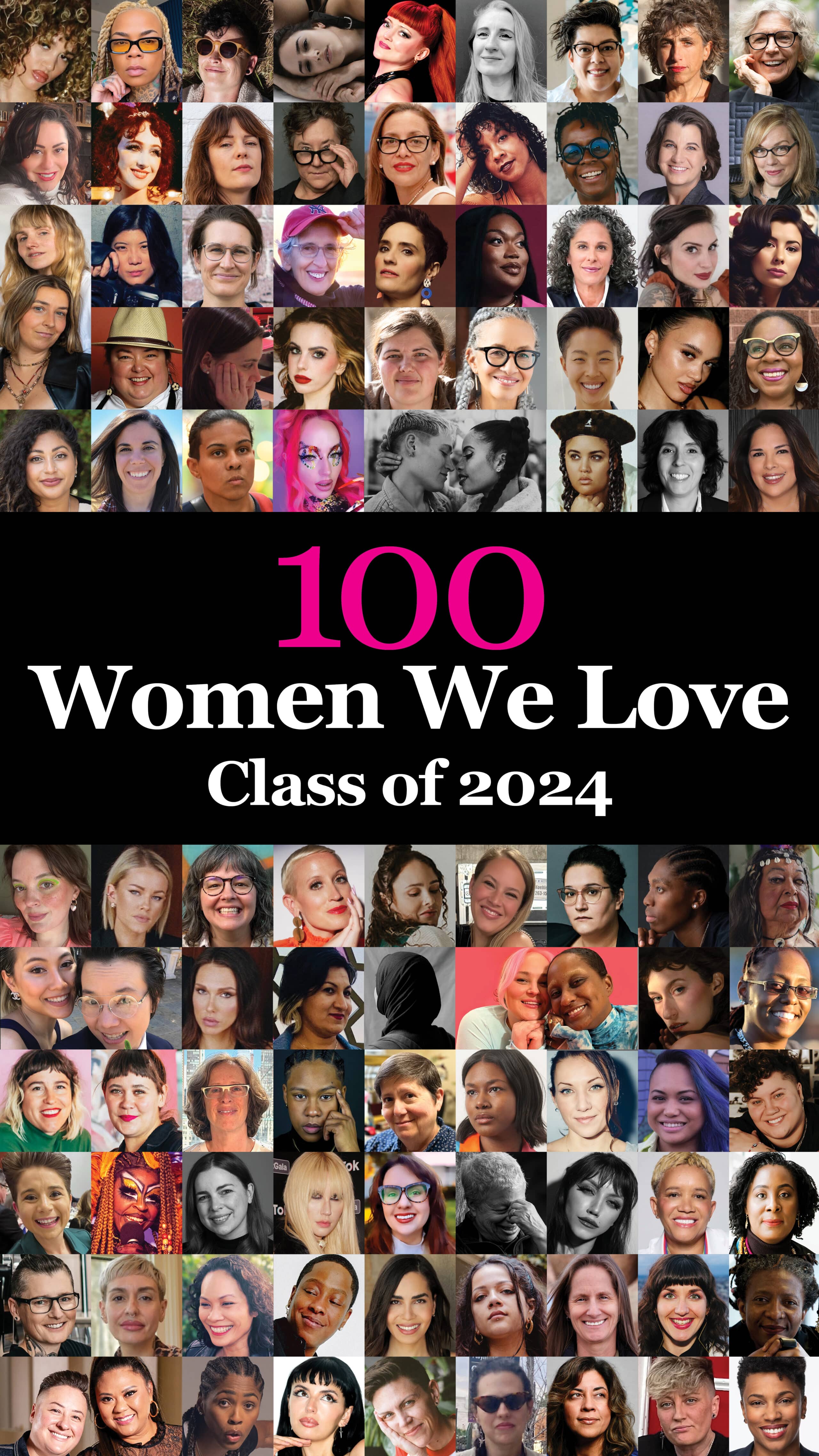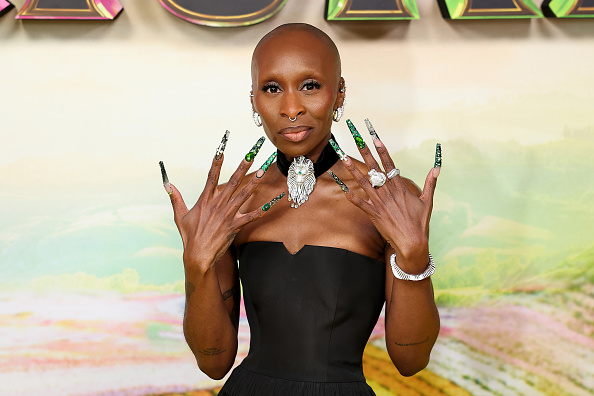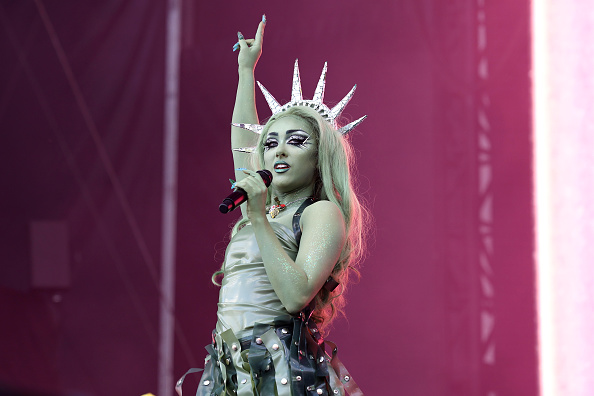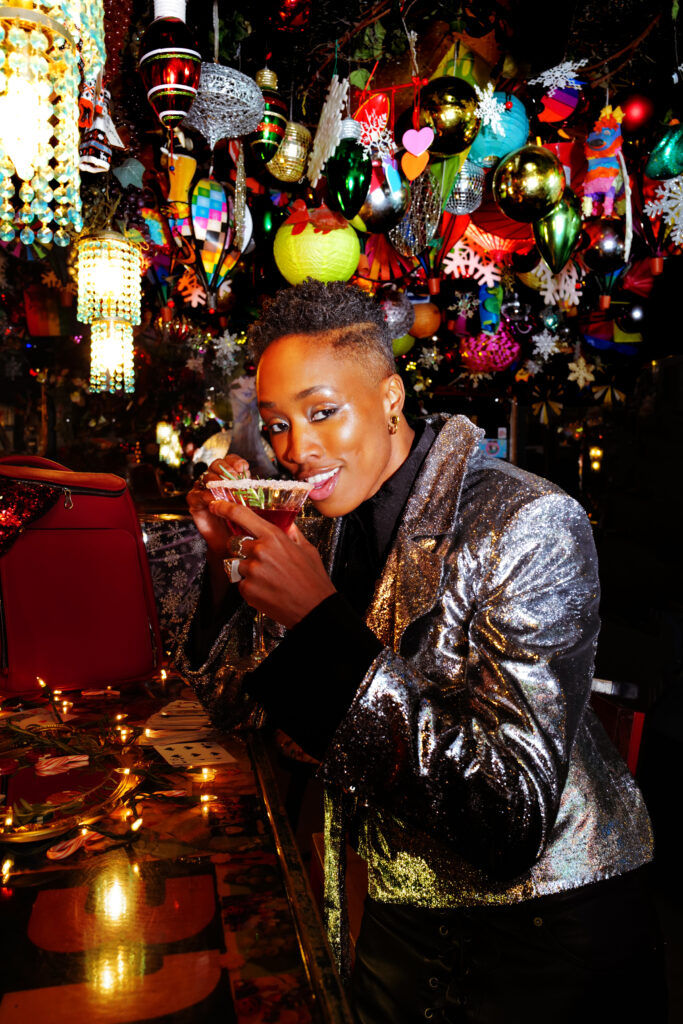My mind went numb, searching for a response it couldn’t adequatley unearth. My mother had just looked me in the eyes and stated, “Homosexuality is a genetic defect.” Silence—agonizingly long and somber—followed. I wanted to say so many things but felt speechlesss. Just a little while ago, my family and I had been snuggling on the sofa watching television in our Shanghai home. The topic of the TV show was whether gay children should come out to their parents, and I, for the first time, had begun to comprehend my mom’s beliefs pertaining to the LGBT community.
Her reaction should probably have come as little surprise, since I was fully aware of my mother’s conservative roots and turbulent past. Born in an era of upheaval in China, she was forced to drop out of school at an early age. She had difficulty reading and speaking standard Mandarin, which ultimately led her to lose contact with the outside world. Her lack of education, coupled with the stringent tenets of our country’s social memes, clearly rendered her unable to grasp any truths surrounding LGBT identity. Yet, I still had a hard time digesting her hard-line attitude. She followed up her statement with a series of ridiculous arguments, claiming, “A woman, when pregnant, has to be extra careful with her diet; otherwise, she will give birth to a child with birth defects like this [homosexuality].” However, my mother’s unaccepting opinions on gay identity unfortunately echo those of her generation in China—one that largely views homosexuality as an aberration, and consequently, has condemned millions of its fellow citizens to lives of invisibility, discrimination, persecution, or all three.
As a millennial, I came of age during a time when neoliberal globalization was sweeping every nook and cranny of the world, including the scarlet-red land I call home. As a result, a critical challenge we in Chinese society are now confronting is the shadow of the grand “China Miracle”—an uneven disparity between economic and cultural development. Homosexuality is still considered a “novelty” born of capitalism and viewed as a rebellious undercurrent challenging traditional Chinese pedantry. The gravity of heteronomativity and patriarchy remains so heavy in Chinese society that according to statistics, approximately 20 million people choose to hide their gay identity and marry the opposite sex. Gay people in China are vastly unerrepresented: On various media platforms. homosexuality remains an unspoken taboo, categorized as “abnormal behavior” that Chinese censorship forbids depiction of in television and movies. The TV show I was watching with my mom when she voiced her archaic outlook on homosexuality sparked heated discussion on the Internet. However, one month after the show aired, the government prohibited that particular episode from spreading, simply because it had garnered too much attention on a subject they deemed too subversive for discussion.
When I was growing up, girls liked to kiss each other in primary school, and lesbian dating was quite common in middle school among the most popular girls. However, no one took it seriously—it was regarded as a “chosen lifestyle” imported from the West. Girl-on-girl experience functioned like an extracurricular activity. My best friend and I would hold hands on the street and write love letters to each other, all fun activities we partook in under the guise of “friendship.” I started to date boys as early as the age of 12. Reflecting on that stage, my need to have boyfriends was largely socially constructed and influenced by school politics, since involvement in a romantic relationship at such a young age generated popularity and symbolized rebellion—everything I craved. Then, when I was 16, my platonic heterosexual relationship went sour. My boyfriend at the time proposed a move to further deepen our affection, and for the first time, I came to realize that I may be different from my peers. I knew then that I did not enjoy physical contact with guys—at all.
Joining the volunteer team at the largest non-profit LGBT organization in China brought about subsequent revelations regarding my own sexuality. In 2013, through a friend I met on social media, I became acquainted with ShanghaiPRIDE—and I had never felt so accepted. No matter how you identified, people at ShanghaiPRIDE respected and celebrated you just the way you were. Working with the non-profit, I helped document a PFLAG China (Parents and Friends of Lesbian and Gays in China) event, a convocation for parents to share their stories of accepting their children’s sexual orientation. It was an absolutely eye-opening and life-altering experience for me, as I came to better understand the harsh conditions faced by China’s LGBT community. I heard tragedies about kids who were disowned by their families, or even committed suicide after enduring unfathomable plight, all because of who they loved. I’ve since moved to the United States to study political economy at college, and have continued my work with ShanghaiPRIDE and the LGBT community in New York City by volunteering at the LGBT Center. When I began living in America, I felt shocked by how self-aware many people in this country seem with their identities. I was at first a little intimidated by labels within various subgroups of the LGBT community, and my own identity remains somewhat ambiguous to me as I try to find my place within that community. So, while I continue to figure out my own sexual orientation, I’m only partially out to a few close friends. But certainly not to my mother, who still seems incapable of understanding.

The struggles my generation in China face today center on the growing pains of the awakening of our rights in conflict with the conservative society we live in. Youth like me in China were raised differently than our parents, and the vast disparities in upbringing have spurned unbridgeable miscommunications between the elder generation and mine. Yet, every cloud has its silver lining. While I’ve never spoken to my mother about gay issues again, and she and those her age in China may never accept LGBT equality as a human right, I’m optimistic that they will pass the torch to a new wave of citizens who will embrace freedom of identity and refuse to tolerate intolerance. As our culture continues moving forward, hopefully our next generation will live in a much more open-minded environment—one in which people can love openly and without fear.


